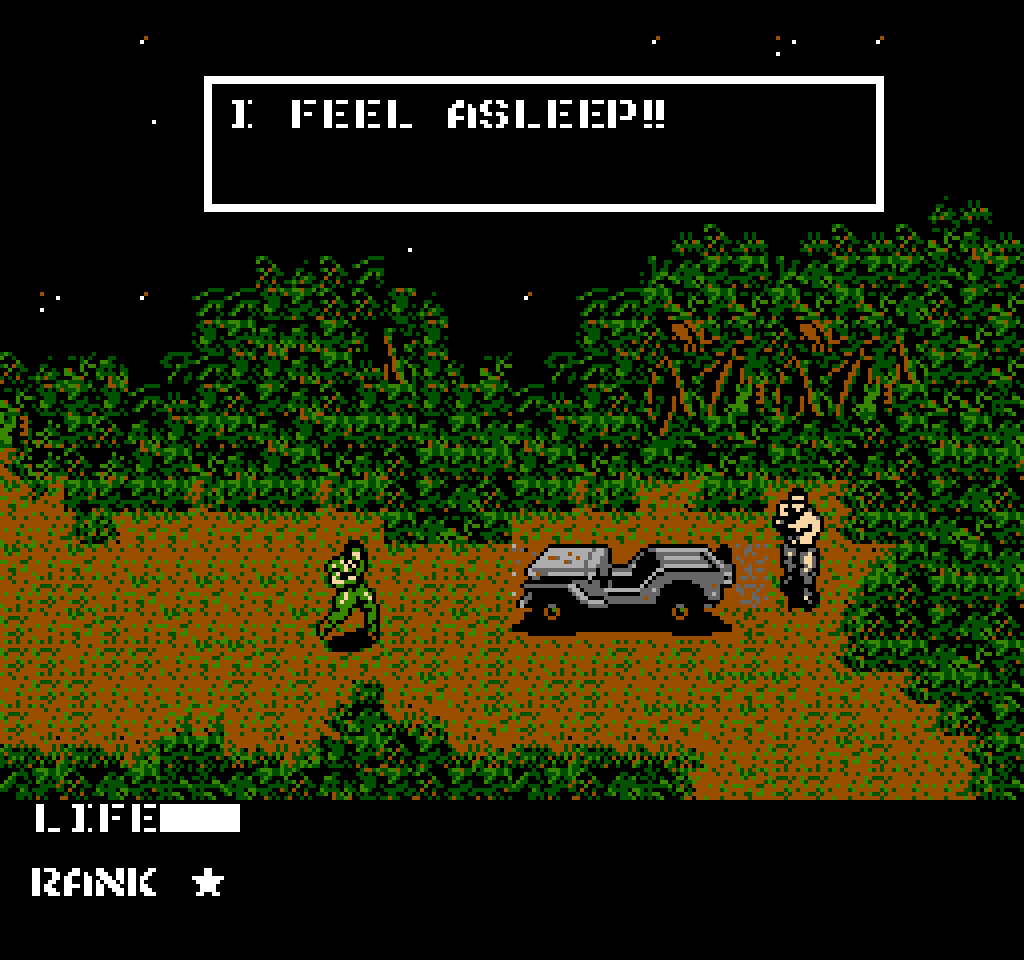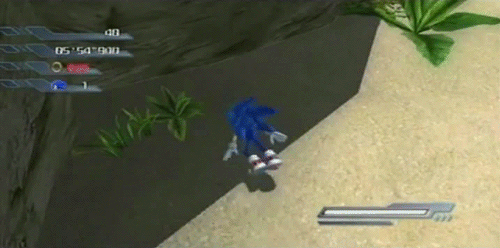(NOTE: This article is one half of a two-part series on the arguments for and against emulation in gaming; you can read the first part here)
For those unaware, emulation refers to the practice of using software (sometimes hardware, but mostly software) to recreate the functions of older hardware. That applies to both older game consoles and older computers. This means that old (sometimes new) software can be run on other hardware you already have. It’s an extremely common practice to the point where even game developers use it to officially give their customers the option to play older games on the newest hardware.
This all sounds good, but it’s not all positive. For the rest of this article, we’ll be looking at the negative effects game emulation can have on the industry.
Developing Emulators Can Enable and Encourage Piracy

Pretty much any developer of an emulator will tell you its primary purpose is to run games you already own legally or for education and development. The software is not officially provided with the intention for you to play games you have downloaded illegally.
The problem with that is that it is very difficult to create this software for its intended purpose without it also being misused for the latter.
The ethics of copyright law aside, the law, as written for most countries prohibits the distribution and download of games without the authorization of the publisher. For example, downloading the ROM file for a game you do not own a legitimate copy of is 100% illegal in most countries.
The existence of emulation software makes sourcing and providing these illegal downloads a much more appealing prospect as the use of ROMs becomes much easier.
The Loss of Hardware

Emulation is so common now that it’s less and less necessary to own a console to experience its library, and many who do own these consoles will still use an emulator due to convenience.
Aside from the obvious danger of being thrown away by those ignorant of the need to preserve such hardware, unused hardware in storage can also degrade from accumulated dust and grime or corrosion from moisture in the air. On top of that, many older consoles suffer from issues over time with bad capacitors that will end up failing and subsequently leaking corrosive liquid over the circuit boards. If a console is in storage, you’re much less likely to catch this happening in time for the damage to be repairable.
Loss of Revenue
This is related to the issue of piracy, but on top of just being a violation of copyright, piracy can eat into a developer’s ability to monetise and profit from their old work. The money gained from selling older games on newer platforms is, in many cases, what is enabling developers to fund their current games or to survive a hit with a subpar release. When practised ethically and in a non-exploitative manner, re-releases of older games can be a net positive, allowing fans to contribute to the survival of their favourite studios directly.
Retro-styled mini-versions of hardware have also seen an impact on their sales stemming from the prevalence of emulation. Although the main issue quoted from consumers was sub-par performance and game selections on the releases during this short-lived trend, there was also a vocal percentage asking why we even needed these mini consoles in the first place when the same games have been available to play in emulation “for free” for years on nearly any modern device.
A Tainted Experience

This section’s title is absolutely hyperbolic but it can and has been argued that emulators change the experience of playing these older titles in undesirable ways. To start with, bad performance or inaccurate emulation can lead to controls, visuals or audio feeling completely off.
On top of that, if you don’t have the very specific adapter for your controller, you’re unlikely to be able to use the right controller. Not to mention that the third-party USB clones of these older controllers are most often made of plastic that breaks almost immediately upon contact with oxygen. Some console exclusives are nearly unplayable without the correct controller layout, in my opinion.
Speaking of unplayable, there are entire features of these older consoles that haven’t managed to be replicated by emulators, at least not in an easy-to-use or seamless fashion. A prime example of this to me is the Pokémon transfers possible between the GBA games and Colosseum, or anything that involved the GBA link cable to the Gamecube, there was something that felt like witchcraft about the crossing over of these two worlds that my child brain couldn’t comprehend at the time and it’s a magic that’s lost when you play these games emulated.
This takes me to my last point about this: there are just some aspects of these older titles that don’t survive the journey onto a different platform. DS/3DS games are the best example I can think of here. While many titles stuck to just the physical controls or just the touch screen, some of the best releases on both iterations of the dual-screened console made liberal use of both, asking the player regularly to switch between using the face buttons and stylus. With the small form factor of the console, this was a relatively easy operation to cope with as a player. Transfer that same operation to a PC emulating a stylus with a mouse, and suddenly that fun, quirky title becomes almost too clunky to bother trying with.
Buggy Games and Poor Translations
It’s a common assertion around the internet that the “good old days” before developers could update games directly on your system were better because a game had to be its best version of itself before release, since there was no going back and making changes after the fact. And while I can see the argument, I think it makes the very flawed assumption that once upon a time, all developers put the time in to perfect their games before release. But a small look through gaming history will very quickly prove that false.

There is a well-documented history of games being released with game-breaking (and in some cases, hardware-destroying) bugs, as well as some translations so bad that there are whole communities that have grown from the practice of making jokes about them.
When you emulate these games, you disincentivise the owners of the IP to maintain, update or fix them.

Re-releases, remasters, and remakes give us the chance to play much improved versions of the games we love. Emulation can take away the demand for these products, which would spur them into creation and thus rob us of the chance.
In Conclusion
As said in my previous article on the positive aspects of video game emulation, I think this is a complex subject that warrants a measured approach before forming your opinion on the subject. Video game emulation comes with numerous benefits and negatives to the gaming industry, and the ultimate effect it has in the years to come will depend on how both companies and consumers treat it.
In an ideal world, it would only be used for its intended purposes of playing your own legally owned library of games, historical game preservation and facilitating official releases from the rightful rights holders. But unfortunately, we don’t live in an ideal world, so I guess we will just have to wait and see what happens.
You'll see me everywhere here. Mostly I stream and fix things when they break. You might find me writing an odd article or two too. Hope you enjoy the site!






Post Comment